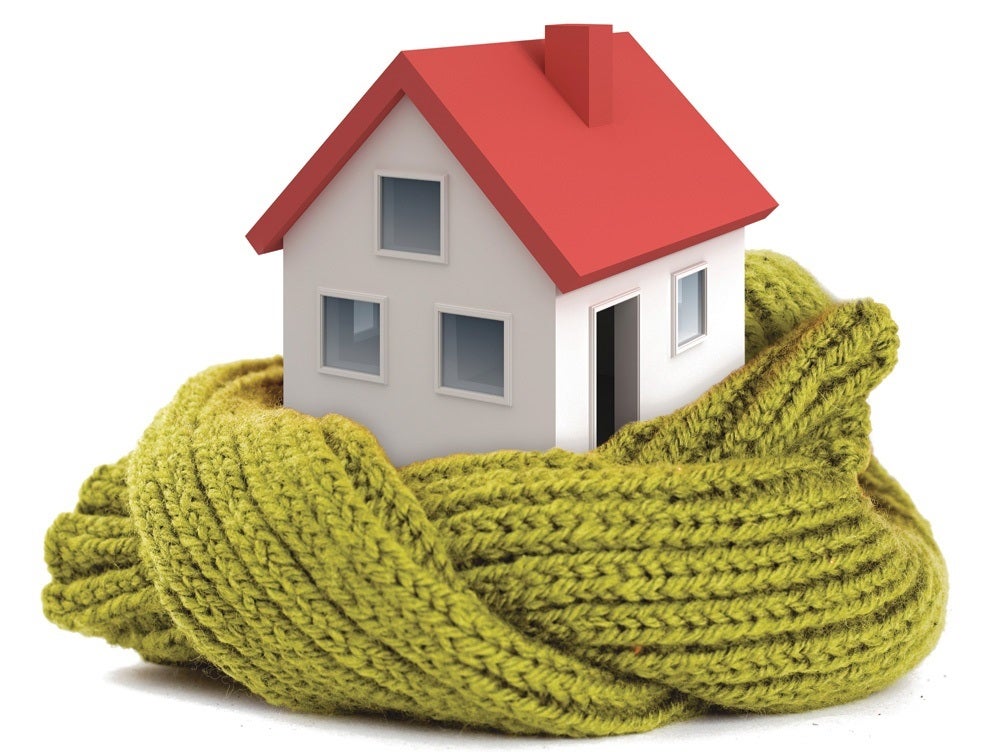
THE HEAT IS ON: FURNACE EFFICIENCY AND MAINTENANCE
You can almost hear the hum of furnaces in homes throughout North America cranking up for the colder months ahead. It is especially important to have furnaces inspected and properly maintained to ensure that they run efficiently and safely. Here are some pointers to get the most out of a furnace:
SIMPLE WAYS TO IMPROVE EFFICIENCYHome heating, especially with a gas furnace and your location, can represent half or more of a typical home’s winter utility bill. Efficient operation can mean lower energy bills and more comfortable home. Programmable thermostats can be used to automatically turn the heat up or down at specified times so that the temperature is lowered overnight or while no one is at home. The newest types of thermostats can be operated via smartphone or tablet and can even "learn" the preferred temperature for different times of the day. Now that’s a "Hot Trend". Thermostats should be calibrated occasionally to avoid "off-cycle" heat loss. A properly calibrated thermostat will result in more even heating between the on/off cycles, which is more efficient and more comfortable.
SAFETY AND MAINTENANCESafety is also an important factor in furnace operation. Gas furnaces can be a source of dangerous carbon monoxide if there are leaks or cracks that go unnoticed or unrepaired. The furnace flame should be steady and burn blue; if not, this should be addressed immediately. A qualified contractor or inspector can detect these types of problems and recommend needed action. Simple furnace maintenance includes checking and replacing disposable air filters and cleaning permanent-type filters, as well as keeping dust, hair, and lint away from the burner compartment and air intake. No matter what type it is, a well-maintained furnace will not only last longer but can save energy, money, and help a home’s overall air quality and comfort.
CONSIDERING A NEW FURNACE?If a new furnace is necessary, it’s worth it to evaluate the various types of furnaces available and how well they might meet a home’s specific situation. Furnaces are defined as conventional efficiency, mid efficiency, and high efficiency. There are advantages and drawbacks to each type, and some are better suited to older homes, for example. Cost may be a factor in considering various types of systems. However, the ability of most new furnaces to reduce off-cycle heat loss, eliminate the need for an always-on pilot light, etc., make replacing a furnace worth considering if the current system is in bad repair or functioning poorly.
Thanks to Doug MacDonald with Pillar to Post for this blog post.

